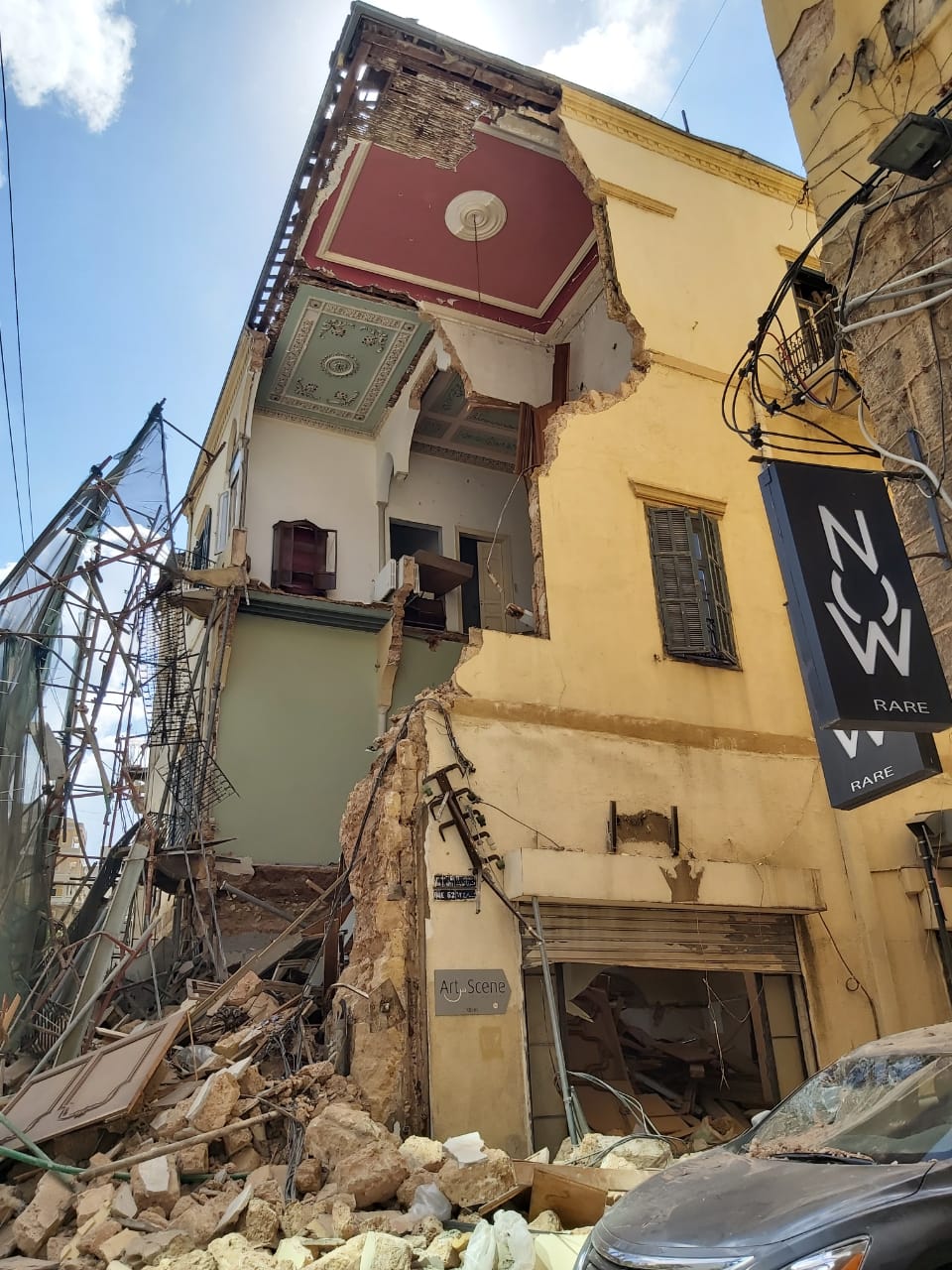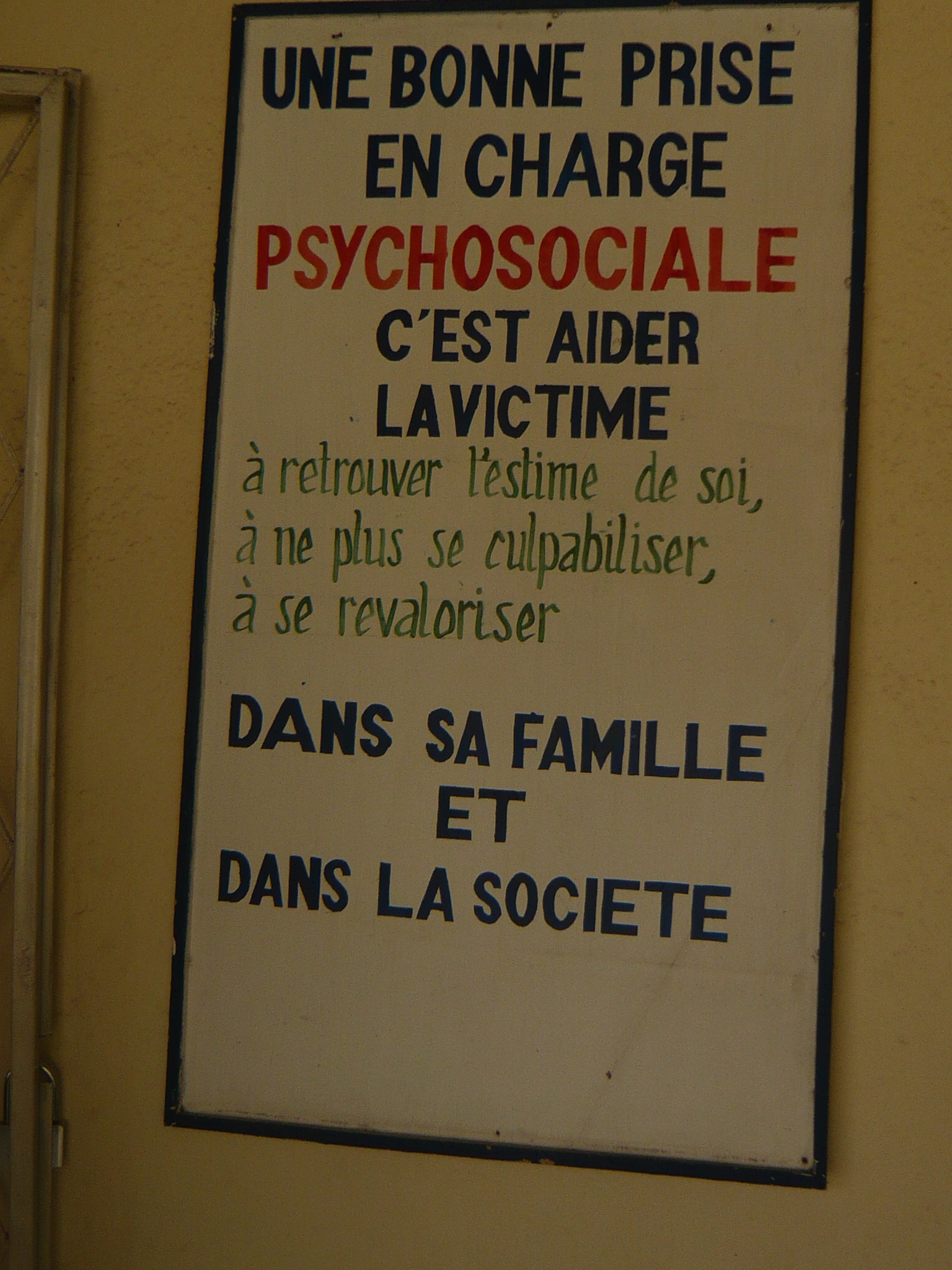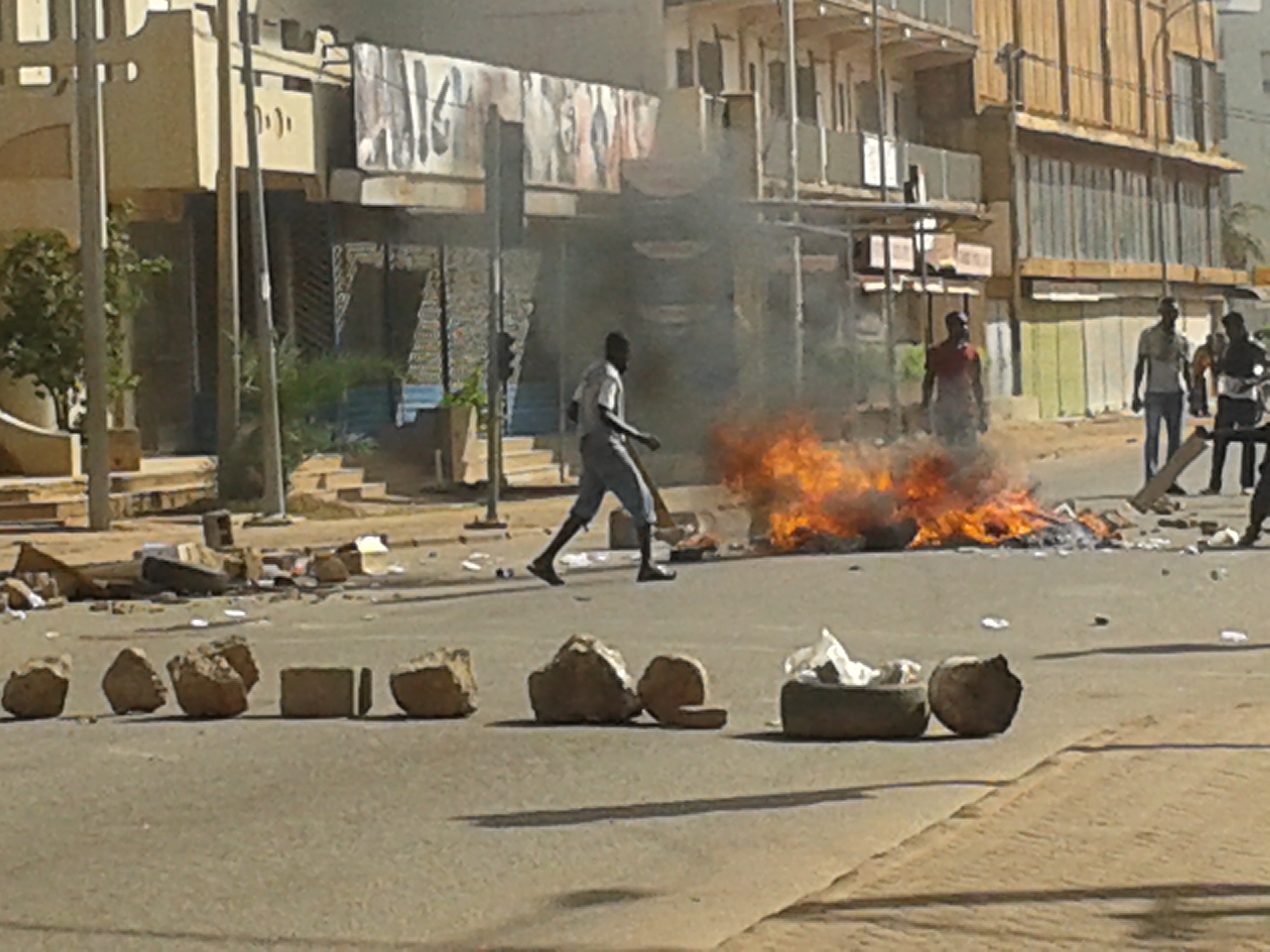









Crisis Intervention
Crisis Intervention
- Interventions on field, in France and abroad
- Analysis of action proposals from local structures, during a crisis abroad.
- Interventions on the field, in France and abroad
- Analysis of action proposals from local structures, during a crisis abroad.
Field operations,
in France and abroad
General information on trauma
Trauma can be defined as the consequence of a life event that brings the person experiencing it into “confrontation with the reality of death”. This event breaks into the subject’s psyche and remains there like a foreign body, leading to confusion and a loss of bearings for the person experiencing it. Trauma therefore implies a process of destruction of the pre-existing psychic balance and configuration.
It is not necessary to have been a direct victim to develop psychic trauma, which can also appear to witnesses of the event, distant persons learning that the traumatic event has been experienced by a loved one, or people experiencing repeated or extreme exposure to the distressing details of traumatic events (firefighters, first-aiders…).

Gemmayze neighborhood after the explosion in the port of Beirut.
Lebanon, August 4, 2020. Photo : anonymous
Contexts and psychological consequences
- Large-scale events: natural disasters, explosions, terrorist attacks, etc.
- Traumatic event on life’s place: suicide, accident…
- Traumatic life event: physical aggression, death of a close relative…
In the normal emotional response, stress responses are extinguished and new information is stored in the memory for future exposure to a similar stressor. In the case of a traumatic event, events are stored in the emotional memory, resulting in reliving, avoidance actions, negative changes in cognition and mood, and marked alterations in activation and reactivity associated with the traumatic event. These reactions are normal, and the person is not going crazy, contrary to what their symptoms might suggest.
Field operations, in France and abroad
General information on trauma
Trauma can be defined as the consequence of a life event that brings the person experiencing it into “confrontation with the reality of death”. This event breaks into the subject’s psyche and remains there like a foreign body, leading to confusion and a loss of bearings for the person experiencing it. Trauma therefore implies a process of destruction of the pre-existing psychic balance and configuration.
It is not necessary to have been a direct victim to develop psychic trauma, which can also appear to witnesses of the event, distant persons learning that the traumatic event has been experienced by a loved one, or people experiencing repeated or extreme exposure to the distressing details of traumatic events (firefighters, first-aiders…).

Contexts and psychological consequences
- Large-scale events: natural disasters, explosions, terrorist attacks, etc.
- Traumatic event on life’s place: suicide, accident…
- Traumatic life event: physical aggression, death of a close relative…
In the normal emotional response, stress responses are extinguished and new information is stored in the memory for future exposure to a similar stressor. In the case of a traumatic event, events are stored in the emotional memory, resulting in reliving, avoidance actions, negative changes in cognition and mood, and marked alterations in activation and reactivity associated with the traumatic event. These reactions are normal, and the person is not going crazy, contrary to what their symptoms might suggest.
Proposed modus operandi
The aim of the intervention is to enable the persons concerned to benefit from a framework of support in the immediate aftermath of the crisis, to limit the impact of the event as much as possible and avoid the development of psychological disorders (anxiety, sleep disorders, withdrawal, etc.), so as not to jeopardize the person’s immediate or more distant future.
- an initial assessment of the situation, in conjunction with the managers of the entity requesting the intervention if this is the case;
- a group interview, if deemed useful;
- a series of individual interviews with those who so wish. The aim is to raise awareness of the fact that reactions are “normal” in a situation which is abnormal, and to identify the persons who require prolonged support;
- a summary presented at the end of the mission to the entity’s managers, in full confidentiality.

Psychosocial support center. Goma, DRC,
September 2010. Photo: Th Liscia

Hebron, Palestinian Autonomous Territories,
September 2010. Photo: Th Liscia
Hostile Environment Awareness Training (Ministry of Europe and Foreign Affairs) and e-Hostile Environment Security Training (European Union) certifications authorize me to carry out missions in sensitive areas.
Main crises in which I have been involved
- Ouagadougou – Algiers flight explosion, July 2014. Therapeutic care for a person who lost a loved one in the accident
- Attack in Ouagadougou, Burkina Faso, January 2016. Therapeutic care for someone who lost a loved one in the attack
- Economic and social crisis, Lebanon, April 2020. Organization of psychologist intervention as part of psychosocial risk prevention program
- Explosion at the port of Beirut, Lebanon, August 2020.. Immediate post-crisis intervention with people in a state of shock

Popular uprising and overthrow of the President.
Ouagadougou, Burkina Faso, October 2014. Photo: Th Liscia
Proposed modus operandi
The aim of the intervention is to enable the people concerned to benefit from a framework of support in the immediate aftermath of the crisis, to limit the impact of the event as much as possible and avoid the development of psychological disorders (anxiety, sleep disorders, withdrawal, etc.), so as not to jeopardize the person’s immediate or more distant future.
- an initial assessment of the situation, in conjunction with the managers of the entity requesting the intervention if this is the case;
- a group interview, if deemed useful;
- a series of individual interviews with those who so wish. The aim is to raise awareness of the fact that reactions are “normal” in a situation which is abnormal, and to identify the persons who require prolonged support;
- a summary presented at the end of the mission to the entity’s managers, in full confidentiality.

Hostile Environment Awareness Training (Ministry of Europe and Foreign Affairs) and e-Hostile Environment Security Training (European Union) certifications authorize me to carry out missions in sensitive areas.

Main crises in which I have been involved
- Ouagadougou – Algiers flight explosion, July 2014
- Therapeutic care for a person who lost a loved one in the accident
- Attack in Ouagadougou, Burkina Faso, January 2016
- Therapeutic care for someone who lost a loved one in the attack
- Economic and social crisis, Lebanon, April 2020
- Organization of psychologist intervention as part of psychosocial risk prevention program
- Explosion at the port of Beirut, Lebanon, August 2020.
- Immediate post-crisis intervention with people in a state of shock

Analysis of local stuctures's
action proposals
Crises systematically give rise to civil society action. These range from seasoned international CSOs to more modest local associations created for the occasion, as well as more established local structures.
Within this large number of actors, actions aimed at psychological remediation are legion. My job will then be to ensure that the proposed action is of high quality, carried out by trained people and adapted to the need. Requests for funding must therefore be backed up by a precise description of the objectives, resources and modus operandi of the proposed actions.
Example of an action proposal analyze
The Solidarity Ukraine committee of the Fondation de France is a working group made up of personalities recognized for their professional practices and skills in the field of international solidarity and/or their expertise in the area affected by the war in Ukraine. It is consulted by the Fondation de France on issues related to the programmation and evaluation of its solidarity actions for the benefit of war-affected populations.
Analysis of local stuctures's action proposals
Crises systematically give rise to civil society action. These range from seasoned international CSOs to more modest local associations created for the occasion, as well as more established local structures.
Within this large number of actors, actions aimed at psychological remediation are legion. My job will then be to ensure that the proposed action is of high quality, carried out by trained people and adapted to the need. Requests for funding must therefore be backed up by a precise description of the objectives, resources and modus operandi of the proposed actions.
Example of an action proposal analyze
The Solidarity Ukraine committee of the Fondation de France is a working group made up of personalities recognized for their professional practices and skills in the field of international solidarity and/or their expertise in the area affected by the war in Ukraine. It is consulted by the Fondation de France on issues related to the programmation and evaluation of its solidarity actions for the benefit of war-affected populations.
Overcome your trauma and get your mind moving again
« I was back, I was alive. Yet a sadness gripped my heart, a dull, poignant unease. … I wasn’t sure I was a true survivor. I’d been through death. … There’s no French word for capturing life as an experience of itself in a single stroke. Or use the word “experienced”, which is approximate. … and above all, experienced is passive. And it’s in the past tense. But the experience of life, that life makes of itself, of oneself in the process of living, is active. And it’s necessarily in the present tense. In other words, it feeds on the past to project itself into the future. »
Jorge Semprun, « WRITING OR LIFE », 1994
Overcome your trauma and get your mind moving again
« I was back, I was alive. Yet a sadness gripped my heart, a dull, poignant unease. … I wasn’t sure I was a true survivor. I’d been through death. … There’s no French word for capturing life as an experience of itself in a single stroke. Or use the word “experienced”, which is approximate. … and above all, experienced is passive. And it’s in the past tense. But the experience of life, that life makes of itself, of oneself in the process of living, is active. And it’s necessarily in the present tense. In other words, it feeds on the past to project itself into the future. »
JORGE SEMPRUN, “WRITING OR LIFE”, 1994
